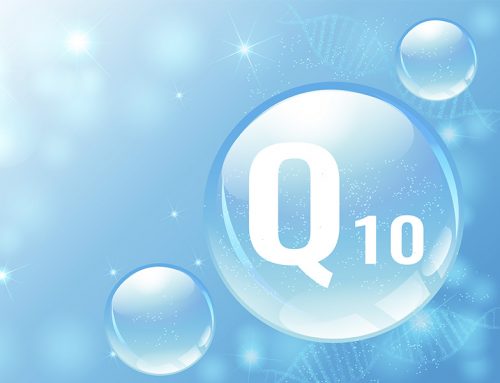Is there any such thing as a wonder drug? Usually, we think that there is no such thing. But, if there is, what is required for a drug to be called a wonder drug?
Given the recent impressive results with Q10 in the Q-SYMBIO clinical trial, do we maybe want to re-think the concept of wonder drug?
“Wonder drug” overused
Now, you are thinking … yeah, yeah, you have heard the term wonder drug too often lately. When Prozac came out, it was regarded as a wonder drug. Then Viagra was considered a wonder drug. And we are promised new wonder drugs for cancer and for diabetes every week, it seems.
What is a wonder drug?
Enough already with the wonder drugs, you are thinking. But, please, bear with me. I want for us to think this through.
How would we define a wonder drug? A wonder drug would have to be a drug that is effective against various disease conditions, isn’t that right? And a wonder drug should be effective in many different demographic categories of people, right? And, obviously, it would have to be safe, don’t you agree?
Q10 a wonder drug?
So, is Q10 a wonder drug? Does Coenzyme Q10 match up with our definition, do you think? Should we compare?
Demographically, supplementation with Q10 has been shown to be useful with middle-aged and elderly healthy people as well as with patients with heart failure.
The web-site of the Mayo Clinic indicates that Q10 supplementation is beneficial for the treatment of a wide range of conditions:
Coenzyme Q10 deficiency, which may occur because of aging, disease, side effects of statin medication, and high CoQ10 use during exercise or training.
CoQ10 for chronic heart failure, which is well documented by the results of the Q-SYMBIO clinical trial and the results of the earlier Morisco clinical trial.
CoQ10 for high blood pressure. Important.
CoQ10 for coronary heart disease, especially when the patient is taking statin medication.
CoQ10 and exercise performance because of the way in which the cells produce energy.
Q10 and neuro-degenerative disease conditions. In theory, supplementation with Q10 should be beneficial in treating patients with neuro-degenerative diseases. The clinical trials that have been carried out in patients with Parkinson’s disease, Huntington’s disease, Alzheimer’s disease, Friedreich’s ataxia, and amyotrophic lateral sclerosis have, admittedly, had inconclusive findings.
But Q10 is very well tolerated with no adverse effects; consequently, it is, potentially, a valuable therapy to try with patients suffering from the various neuro-degenerative diseases.
Q10 safety
Q10 has a 30-year-long proven record of safety that is mostly unparalleled among the pharmaceutical preparations.
Why look at Q10 with wonder?
Q10 fulfills two vital functions in humans. It is essential for adequate energy production in the cells, and it is absolutely necessary for antioxidant protection against the damage caused by oxidative stress in the cells.
We can honestly say, can we not, that supplementation with Q10 is advisable for practically everyone over the age of 40-45 years of age, whether healthy or ill? And can we say too that there is a growing list of disease conditions in which Q10 supplementation with an absorbable soft-gel preparation can improve quality of life and longevity?
Q10 works with the body
Best of all, as Dr. Svend Aage Mortensen, a cardiologist in the Heart Centre at the University of Copenhagen Hospital, puts it: treatment with Q10 is a treatment that works to enhance the body’s natural protective functions. Other standard treatment regimens generally work to inhibit the body in one or another function, e.g. statins work by inhibiting the action of the HMG-Coenzyme A enzyme necessary for the production of both cholesterol and Q10.
Looking at Q10 with wonder
So, what do you say?
The word wonder is defined as the feeling of being filled with admiration or amazement or awe by the prospect of a phenomenon. Can we agree, do you think, that the combination of the safety of Q10 and the benefits of Q10 can seem amazing and admirable, and even awe-inspiring, to us?
Should we re-think the concept of wonder drug, at least, as it applies to what Q10 does in the cells?










Leave A Comment